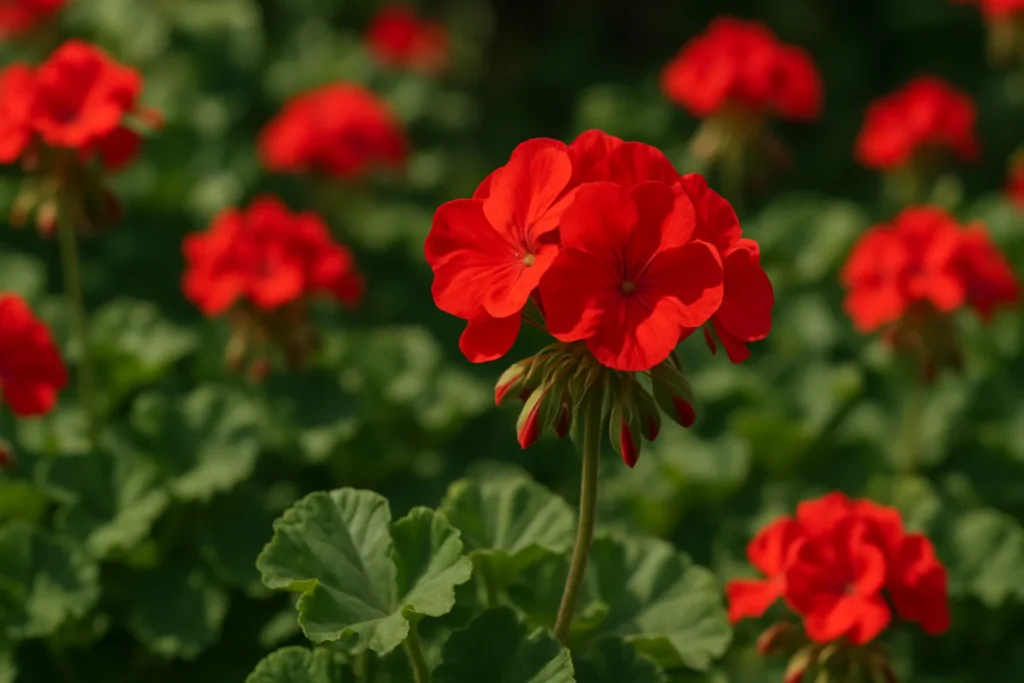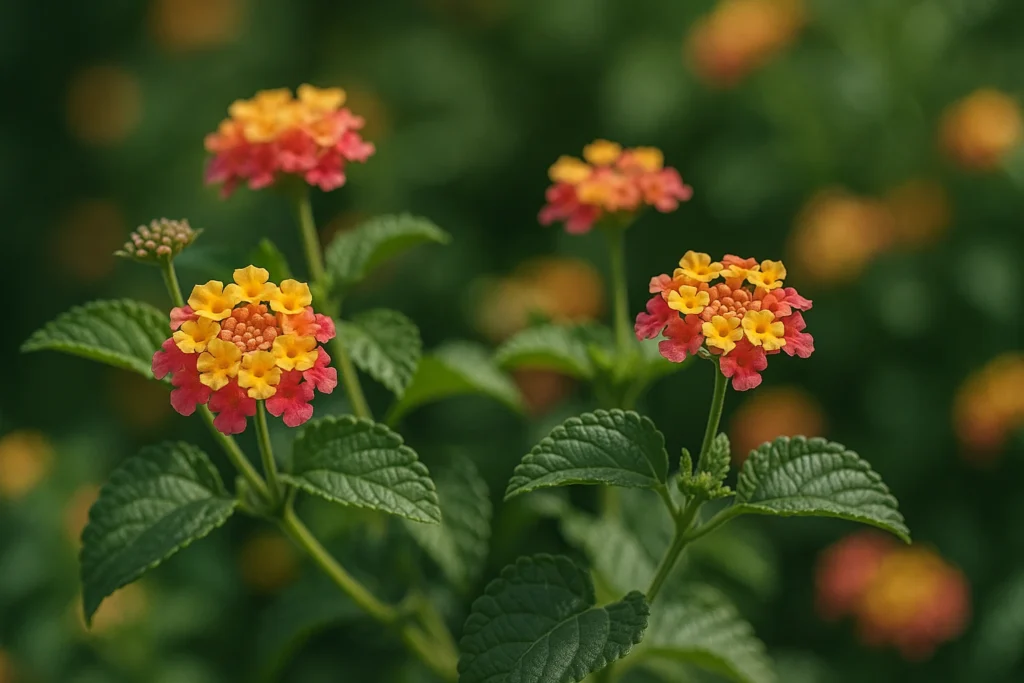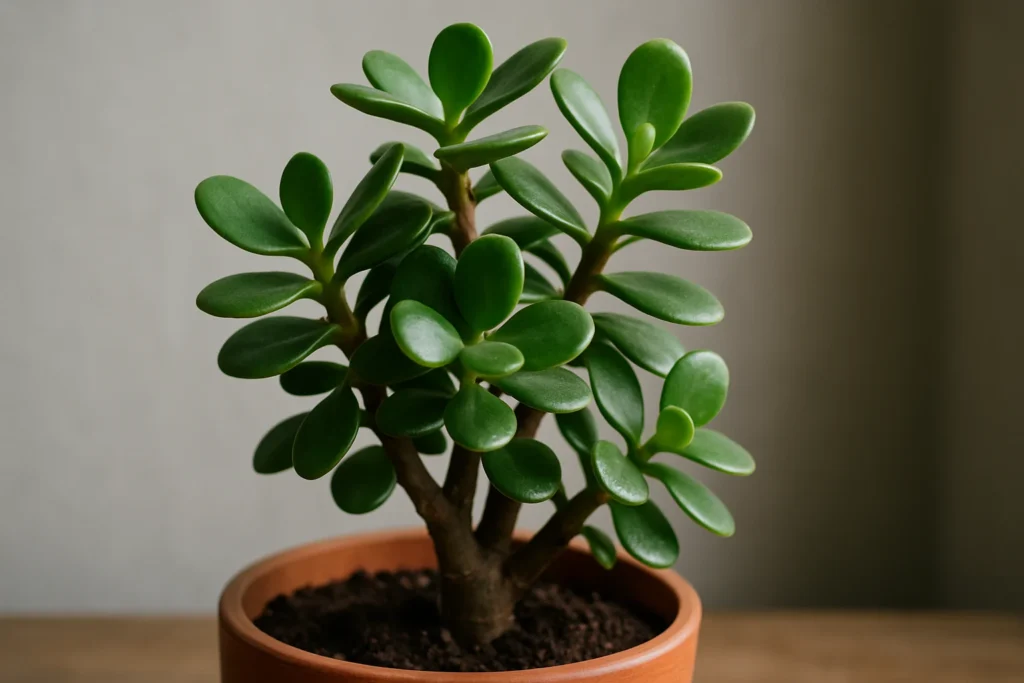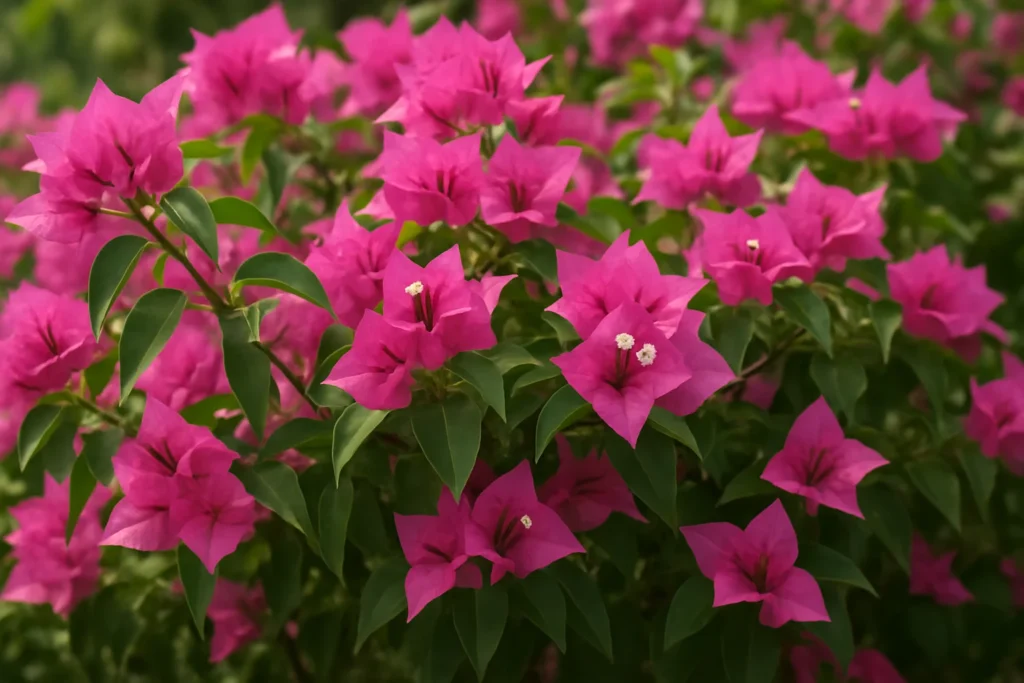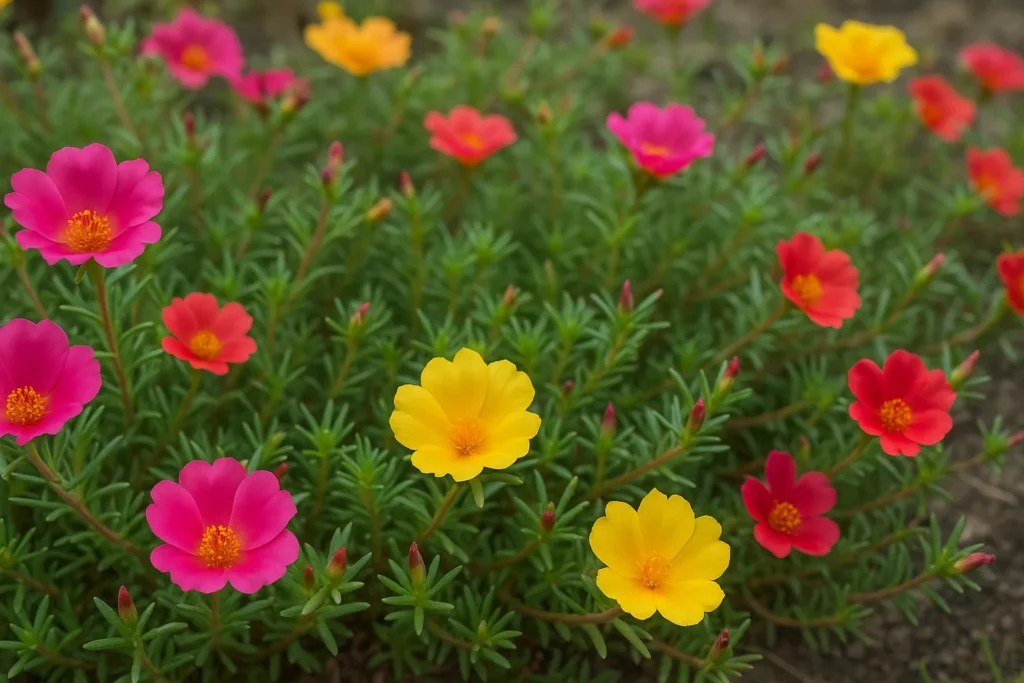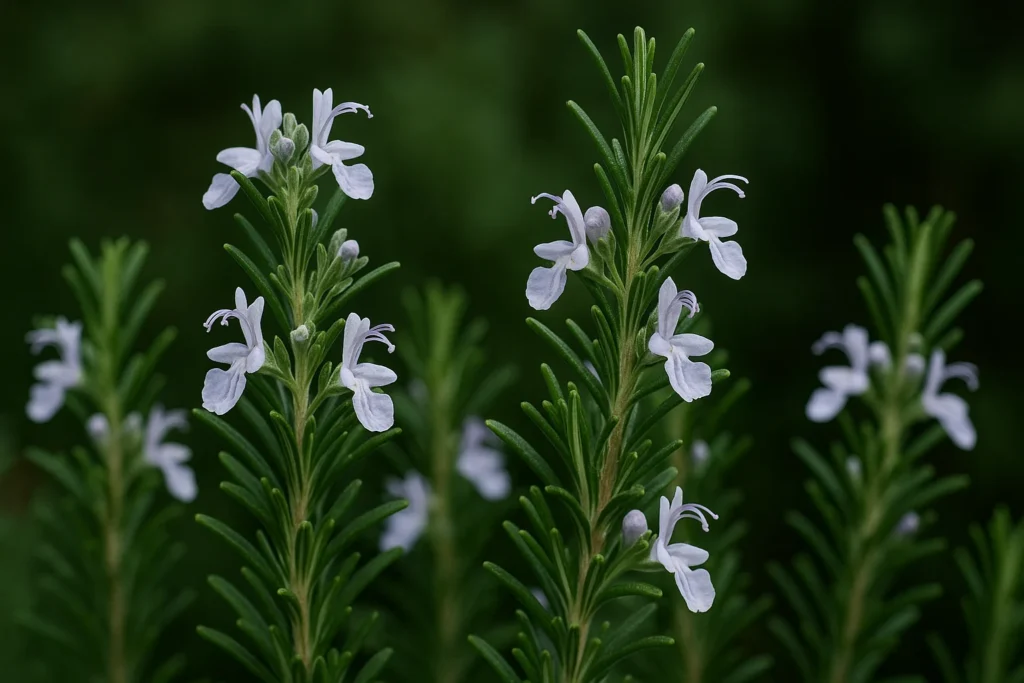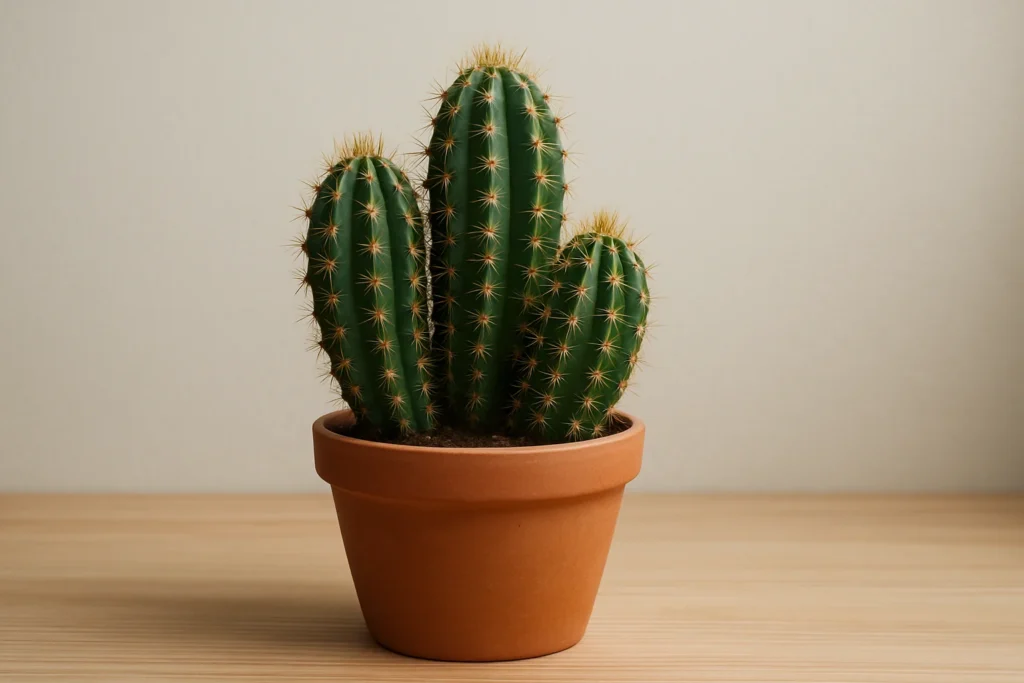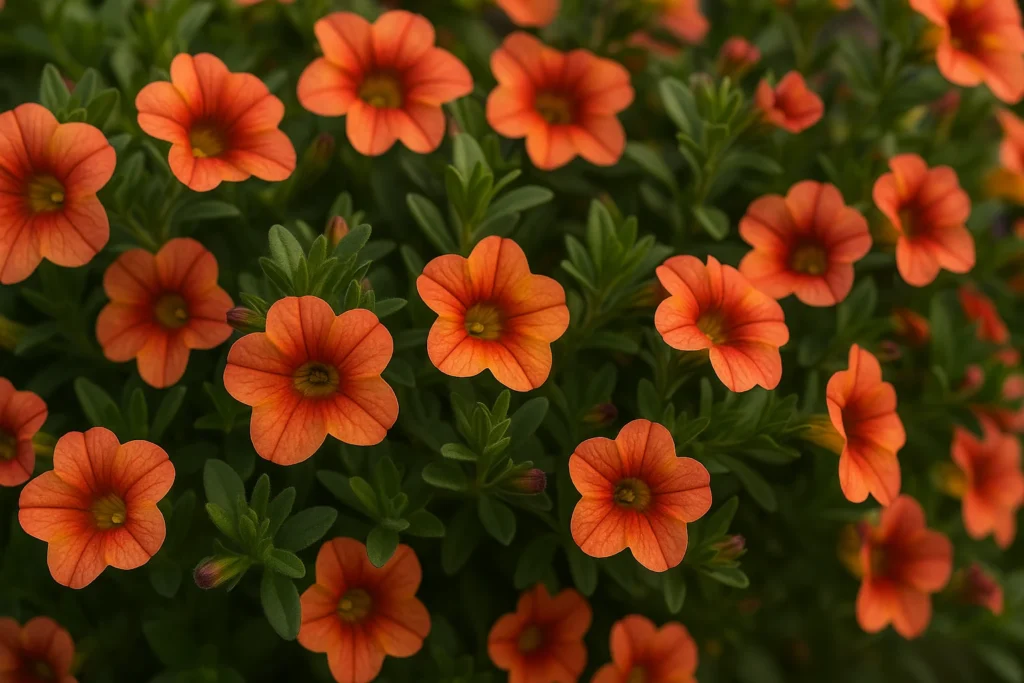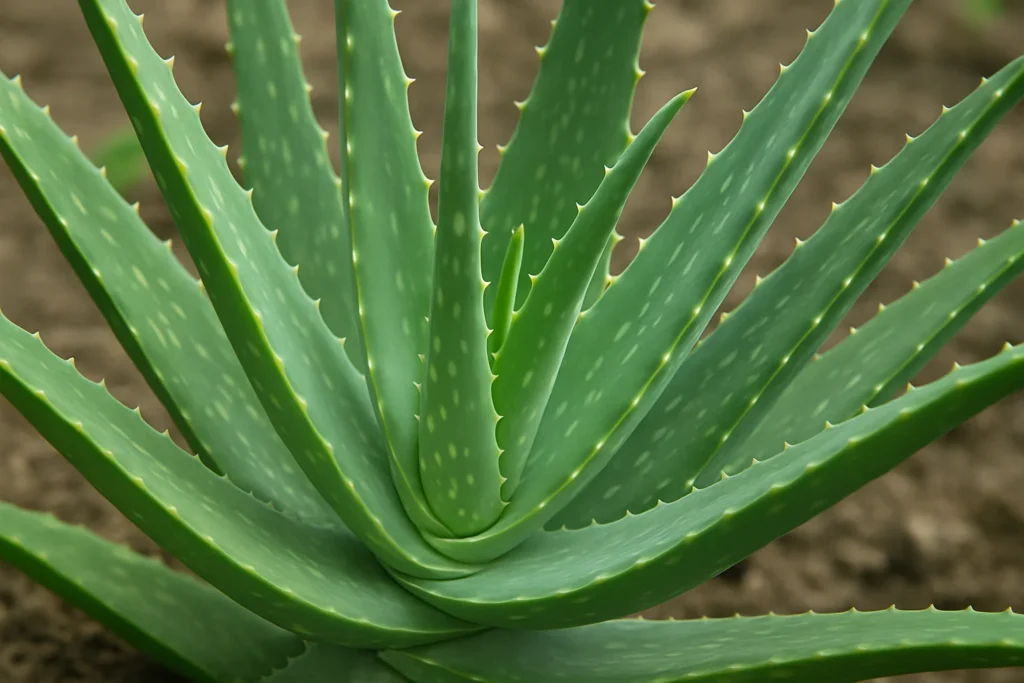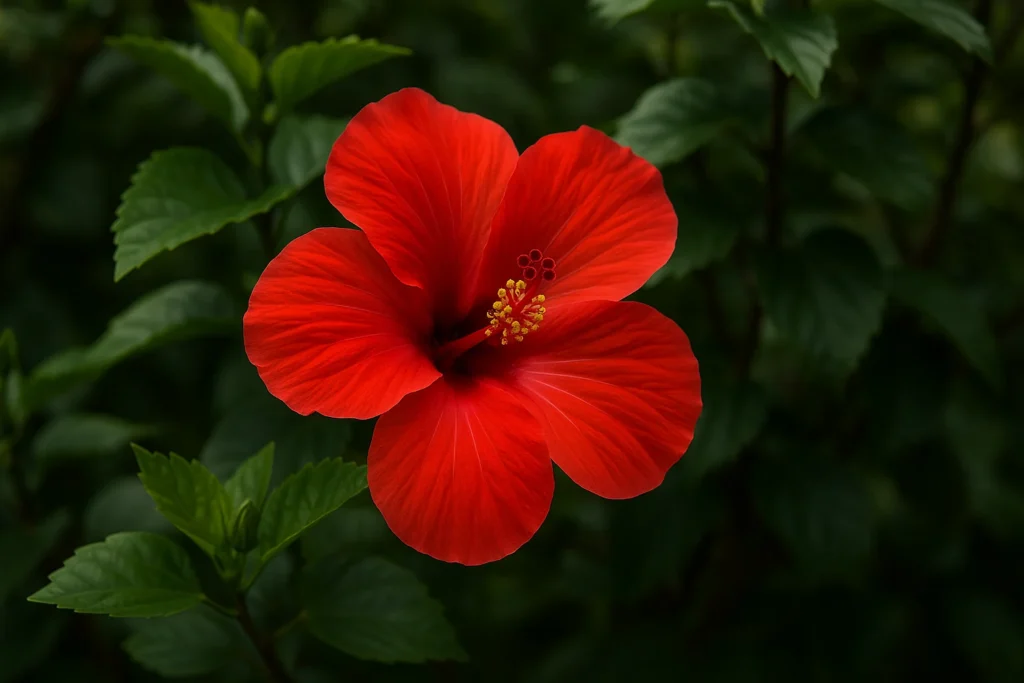10 Best Potted Plants for Direct Sunlight

There’s a unique kind of beauty in a sun-drenched patio, balcony, or windowsill filled with thriving greenery. But not every plant loves to bask in that full, unfiltered sun. Choosing the best potted plants for direct sunlight is the key to creating a vibrant, low-maintenance outdoor or indoor oasis.
In this guide, you’ll learn:
- ✅ What counts as direct sunlight
- ✅ How to choose pots and soil that work with full sun exposure
- ✅ The best potted plants for direct sunlight (detailed profiles)
- ✅ Common care tips and troubleshooting for sun-loving plants
- ✅ Bonus resources and expert guides
If you’re ready to turn your sunny spots into a thriving green haven, keep reading.
What Is “Direct Sunlight”?
Direct sunlight means your plants receive 6 or more hours of full, unfiltered sun each day. This typically comes from a south- or west-facing exposure. It’s the real deal—no sheer curtains, no dappled shade, just straight, bright sunlight.
Direct sun encourages flowering, boosts color vibrancy, and supports healthy growth in sun-adapted plants. But it can also cause stress, scorch leaves, or dry out soil if you pick the wrong plants. That’s why finding the best potted plants for direct sunlight matters.
How to Choose the Right Potted Plants for Direct Sunlight
When dealing with pots and full sun, a few practical considerations go a long way:
- Soil & Potting: Use well-draining potting mixes. Terracotta pots are breathable but dry out quickly, while plastic pots retain moisture longer.
- Watering Needs: Sun + pots = fast evaporation. Deep soak when watering, ensuring the soil is moist but not waterlogged.
- Temperature & Humidity: Direct sunlight raises pot temperatures. Pick heat-tolerant species and avoid dark-colored pots that overheat.
Choosing the right plants and containers will ensure your efforts thrive, not just survive.
Top Potted Plants for Direct Sunlight
Let’s get into the heart of it: these are the best potted plants for direct sunlight. Each of these plants is well-suited for patios, balconies, or bright indoor spots that get all-day sun.
1. Geranium (Pelargonium spp.)
Geraniums are classic potted plants known for their clusters of bright, cheerful blooms. They’re incredibly sun-hardy and thrive in containers, making them a favorite for sunny decks and patios.
- Sun: Full sun (6–8 hours daily)
- Water: Allow soil to dry slightly between waterings
- Height/Spread: 12″–24″ tall, 12″–18″ wide
- Why You’ll Love It: Long-lasting blooms, drought-tolerant once established
- Care Tips: Deadhead spent flowers to encourage continuous blooming. Feed monthly with a balanced liquid fertilizer.
2. Lantana (Lantana camara)
Lantana’s bold, multi-colored flower clusters are a magnet for butterflies and pollinators. This tough plant shrugs off heat and thrives even in the most sun-exposed pots.
- Sun: Full sun
- Water: Water thoroughly when topsoil feels dry
- Height/Spread: 12″–24″ tall, trailing varieties for hanging pots
- Why You’ll Love It: Colorful, non-stop blooms; attracts pollinators
- Care Tips: Prune leggy growth to maintain shape. Prefers slightly acidic, well-draining soil.
3. Jade Plant (Crassula ovata)
The jade plant is a succulent with thick, glossy leaves that store water, making it a top pick for sunny windowsills or patios.
- Sun: Bright direct sunlight (ideal for south-facing spots)
- Water: Water deeply but infrequently; let soil dry between watering
- Height/Spread: Up to 3 feet tall in pots
- Why You’ll Love It: Low-maintenance, architectural appeal
- Care Tips: Rotate pot for even growth. Avoid overwatering; root rot is the enemy.
4. Bougainvillea (Bougainvillea spp.)
If you want a burst of tropical color, bougainvillea is your go-to. These vigorous growers thrive in full sun and make stunning potted plants with cascading bracts.
- Sun: Full sun (6–8+ hours)
- Water: Let soil dry between waterings
- Height/Spread: Vining habit, easily pruned to shape
- Why You’ll Love It: Vibrant magenta, orange, or purple bracts
- Care Tips: Needs sturdy support if grown vertically. Prune regularly after blooming cycles.
5. Portulaca (Portulaca grandiflora)
Also known as moss rose, Portulaca is a succulent-like flowering plant that handles sun and heat with ease.
- Sun: Full sun
- Water: Water sparingly; drought-tolerant
- Height/Spread: 6″–8″ tall, spreading habit
- Why You’ll Love It: Blooms profusely in hot, dry conditions
- Care Tips: Deadhead flowers to extend bloom season. Thrives in sandy, poor soils.
6. Rosemary (Salvia rosmarinus)
Rosemary isn’t just for the kitchen—it’s a sun-loving, drought-tolerant herb that thrives in pots. Its needle-like foliage releases a fragrant aroma, making it perfect for patios and sunny balconies.
- Sun: Full sun (6–8+ hours)
- Water: Allow soil to dry between waterings
- Height/Spread: Up to 3 feet tall, 2–4 feet wide
- Why You’ll Love It: Edible, aromatic, low-maintenance
- Care Tips: Prune regularly to maintain shape and prevent woodiness. Avoid soggy soil.
7. Agave (Agave americana)
Agave brings a bold, architectural look with its spiky, sculptural leaves. Native to arid climates, it’s made for hot, sunny spots in large pots.
- Sun: Full sun
- Water: Minimal; drought-tolerant
- Height/Spread: Varies by species; up to 6 feet tall and wide
- Why You’ll Love It: Dramatic silhouette, tough as nails
- Care Tips: Use sandy, well-draining soil. Protect from excessive winter moisture.
8. Calibrachoa (Calibrachoa spp.)
Often called “Million Bells,” Calibrachoa looks like a smaller petunia but brings non-stop blooms all season. Perfect for hanging pots or trailing over container edges.
- Sun: Full sun
- Water: Keep consistently moist but not soggy
- Height/Spread: 6–12″ tall, trailing 18–24″
- Why You’ll Love It: Vibrant, trailing flowers; continuous bloom
- Care Tips: Feed weekly with a balanced fertilizer. Avoid letting the soil dry out completely.
9. Aloe Vera (Aloe barbadensis miller)
Aloe Vera is more than just a sunburn remedy. It’s a hardy succulent that thrives in pots with plenty of sun and minimal care.
- Sun: Full sun to bright light
- Water: Deep but infrequent watering; allow soil to fully dry
- Height/Spread: 1–2 feet tall and wide
- Why You’ll Love It: Medicinal, easy to grow, drought-resistant
- Care Tips: Use cactus/succulent mix. Overwatering is the biggest risk.
10. Hibiscus (Hibiscus rosa-sinensis)
For a tropical vibe, potted hibiscus delivers large, showy blooms that light up patios and balconies with vivid color.
- Sun: Full sun
- Water: Keep soil consistently moist but not waterlogged
- Height/Spread: 3–6 feet tall in pots
- Why You’ll Love It: Bold, tropical flowers; attracts hummingbirds
- Care Tips: Regular feeding during bloom season. Protect from strong winds.
Quick Reference: Best Plants for Balcony with Direct Sunlight
Common Care Tips & Troubleshooting
Even the best potted plants for direct sunlight need a bit of TLC.
- Sunscald & Leaf Burn: If leaves turn white or crispy, check midday intensity. Temporary afternoon shade or repositioning can help.
- Overheating Pots: Light-colored pots and mulching the soil surface can reduce overheating.
- Pests & Disease: Watch for aphids and mealybugs. Ensure good air circulation to prevent mildew in humid climates.
Frequently Asked Questions
Can potted plants get too much direct sunlight?
Yes. Even sun-loving plants can suffer if the pot overheats or if water needs aren’t met. Monitor leaf condition and soil moisture.
How do I know if my spot gets 6 hours of direct sun?
Track sun exposure from morning to afternoon. South- and west-facing areas usually receive the most direct sunlight.
Do watering needs change with seasons?
Absolutely. Summer heat requires more frequent watering, while winter months may allow for reduced watering, even in sunny spots.
Explore More Guides & Calculators
For more houseplant inspiration and tools, explore:
- Plants for Direct Sunlight (Pillar Guide)
- Best Balcony Plants for Direct Sunlight
- Soil Calculator
- Indoor Plant Watering Calculator
Expert Resources
For expert-backed houseplant care tips, explore this Houseplants Guide by the University of Illinois Extension.

